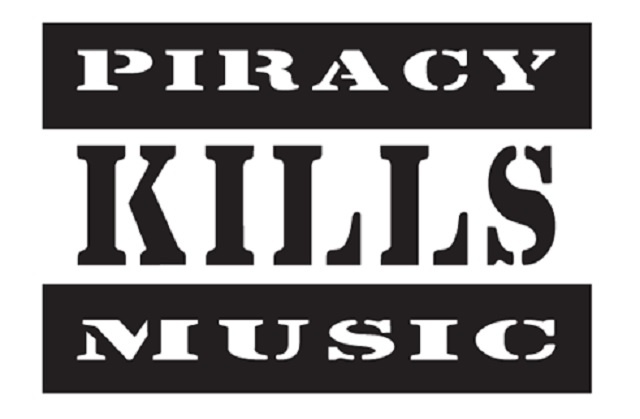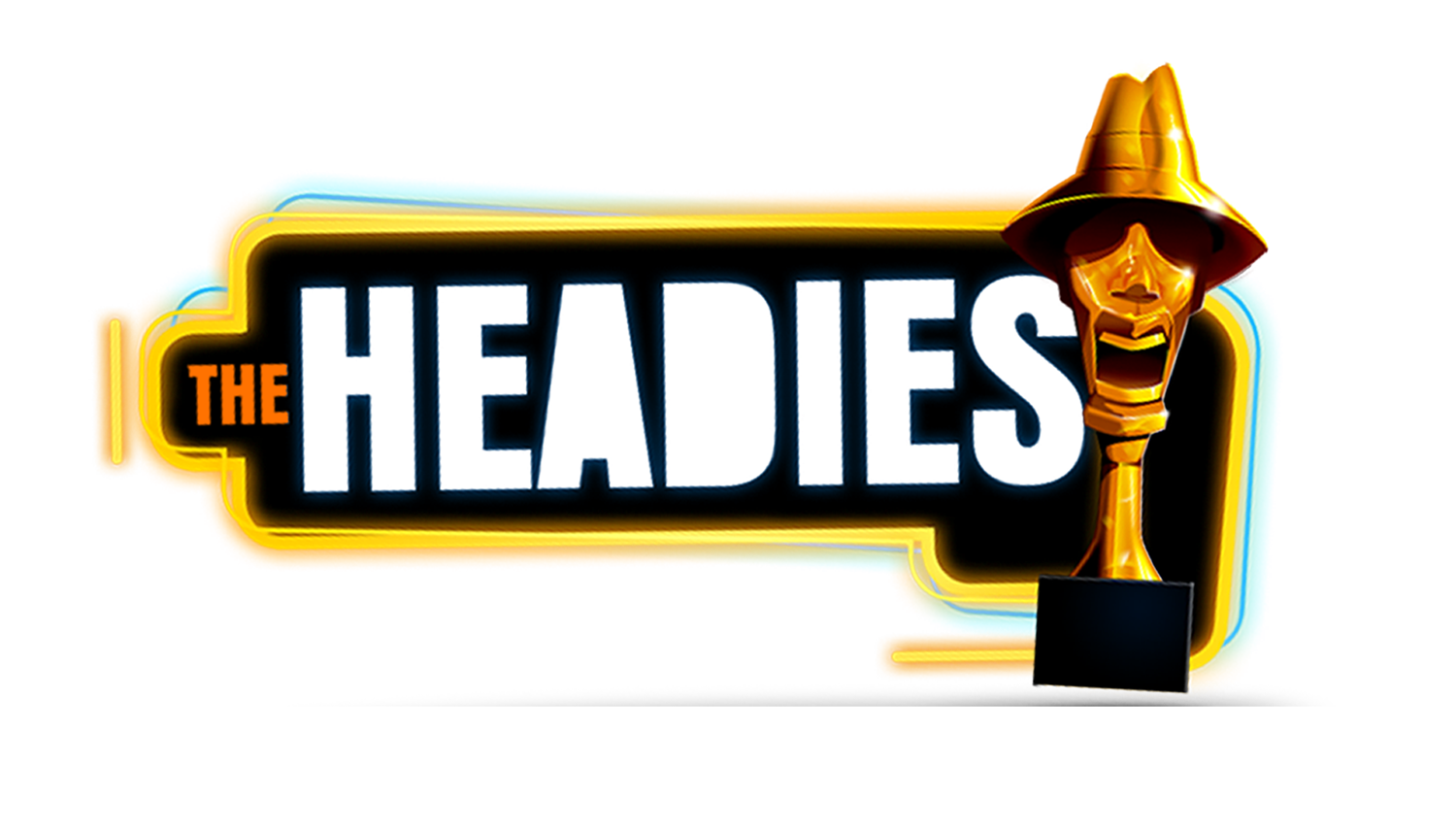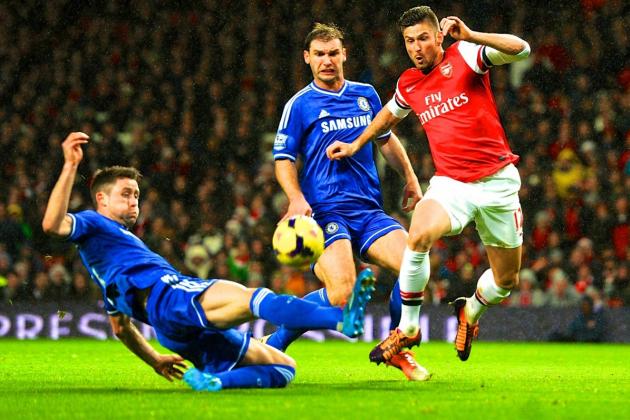Piracy or Piracy.
I’m going to begin this one with a reference to a conversation I had with one of my oldest friends very recently. He’s a music producer and we were talking about a song I wanted to put out so we were considering options and brainstorming about cheap ways to promote music. We both talked about how much money artistes were paying radio/TV stations and also Alaba to promote their music.
Alaba International Market, just in case you don’t know what it is, is probably the biggest electronics market in the whole of Nigeria. Sadly (or not) this is not about electronics because apart from being a huge electronics market, Alaba is also home to many music marketers. It’s the music “division” of the market that we’re referring to when we just say “Alaba”. But that’s not all.
Another thing Alaba is popular for is their mass produced CD mixes. So a random DJ (or not) just decides to make a 15 to 20 – 30 track CD of the hottest Nigerian songs, mass produces it and then sells. This, basically, when done without the consent of the owners of these songs, is piracy. These mix CDs are actually in high demand because pretty much every bar, barber shop, boutique or hair dressing salon play these CDs extremely loudly and with reckless abandon. Everyone will put a speaker just outside their establishment and blast away. We’re not here to talk about noise pollution so lets put that away, shall we? Everyone buys it. Even people who throw house parties sometimes feel hiring a DJ is a complete waste of money. Why don’t I just buy a mix CD or two for a hundred naira and party nonstop for the next few hours?
Now here’s the end. Many people have gone ahead to deny it in the past and people are probably still denying it but artistes, it would seem, actually pay money to these Alaba mixers to “pirate” their own songs on to these mix CDs just so that they can penetrate the entire populace better. Apart from the matter of piracy, this method probably gets the artiste(s) the desired attention because the songs actually permeate through to places the artistes own promotion methods ordinarily would probably never reach.
So is this a problem? If this is done with the artiste’s consent, according to the definition of piracy, it no longer is piracy. But the problem here is that the artistes actually pays for his/her music to be used in this manner in the hope that the money he/she spends will translate to more money from endorsements, performances or from other channels.
If you ask the average artiste about the thing(s) he/she dislikes the most about the industry, piracy will probably be the first thing they’ll say. So how then do we differentiate the mix that has Olamide’s consent from the one that doesn’t, for example? Did Wizkid, Davido, Harrysong, Banky W, P Square and Adekunle Gold all pay the person who compiled “Street Jamz For Life 2015”?
I hate to admit this. Honestly, believe it or not, it’s a bit hard for me to even type this but, I think that these Alaba mixers might be a necessary evil. Regardless, they’re still what they are. An evil. So what do we do? How do we reach these seemingly impenetrable parts without them? What’s the answer?
NB: Payola is another major topic too. I’ll be writing something on that one soon.
Written by Tolulope Ajiboye (@iamnotJUKE)







